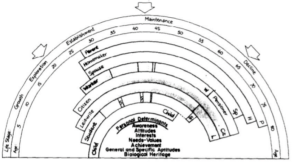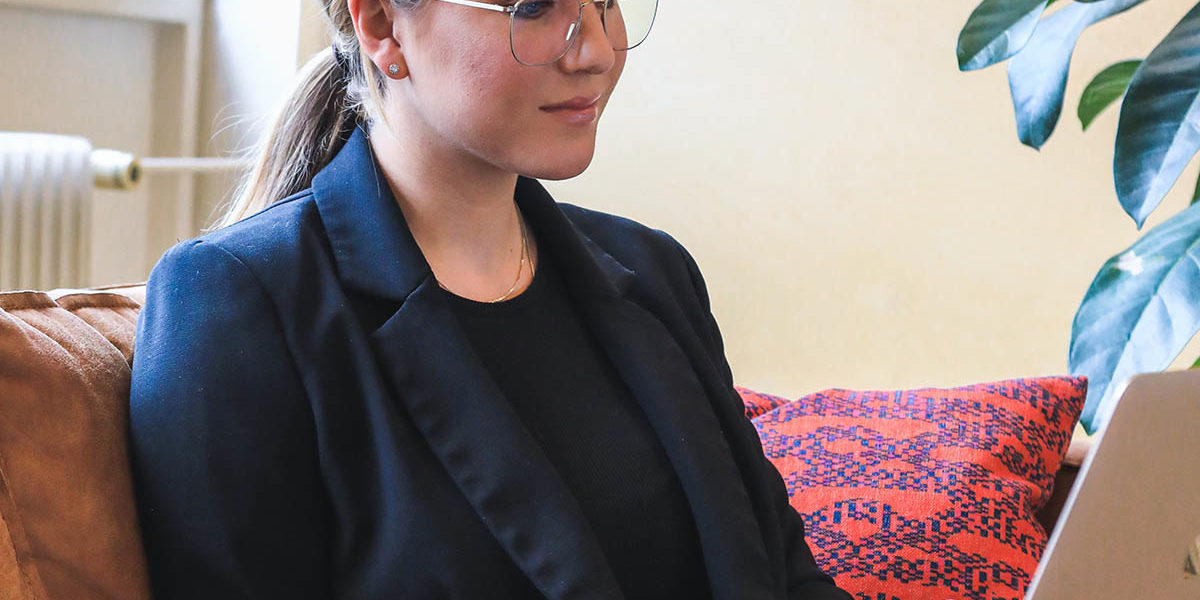The latest report on UK jobs from KPMG and REC[1] using data from June 2021 shows a new challenge on the horizon as we emerge from the pandemic and start to manage Covid-19 in our societal lives. The summary of this report states “…Robust demand for staff drives an unprecedented increase in permanent staff appointments… availability of workers deteriorates at a record pace leading to a sharper rise in starting pay”. Permanent job hiring is at its highest level since 1997. In other words, as the economy recovers and many global workers returned to be with families, in some sectors we don’t have enough skilled people to grow our organisations in the way we would like.
Furthermore, we have all seen an increase in people reconsidering their lives and what a career is through the pandemic, resulting in a churn of some of our best and brightest people. This is exacerbating the skills gap in our organisations. And it compounded by the increased difficulty of transferring knowledge and skill to newly appointed people through virtual means as most learning is done through imitation (see Social Learning Theory, Bandura 1977[2]).
We need to act now if we are to stop our pool of knowledge and skills being drained from both sides. But what should we do?
Leaders, leaders, leaders…
In an employment market, where there is a lack of skills available, the choice is to either start the bidding war for the best talent on the market or invest that money into proactively retaining those key roles within the organisation. Retention stops the cost of retraining lost skills. It also keeps an internal positive culture as high levels of turnover affects the morale of those that remain.
Leaders are our best weapon in the retention battle. We all know the old saying that “people don’t leave poor organisations, they leave poor leaders”, yet we can also say that “people stay with great leaders, despite the issues within an organisation”. Leaders engage, they create environments where people feel motivated, and they can make individuals feel special and that their work really makes a difference.

The pandemic has shown us that life and living is precarious. Whether it is knowing someone who has become seriously ill through Covid-19 or worse, or that all our plans have fallen into disarray through travel restrictions, most have started to reconsider their lives with a focus on “carpe diem” – seize the day. Interestingly we can pull from organisational psychology here. In 1980, Donald Super published his work on his Life Career Rainbow[3]. In short, “career” in psychology is more than “job”. It is what we put our effort into through our lives. It can include being a student, a carer, a parent, a spouse, a homemaker as well as a paid job. As we go through life there are points where we will reconsider how we “blend” our time, usually when change happens to us: When our children leave home, when we leave school, when we lose our job, as we notice we are getting older. Covid-19 and the pandemic has provided an opportunity for many of us to do this reflection due to the enforced change on all of us simultaneously.
Our leaders can help here. Being supportive, approachable and open are great ways for our people to open up about their career thinking. The absence of fear creates conversation with trust. If we feel we will be viewed badly by owning up that we are re-evaluating our career then we will keep it inside and make a silent decision. The first we will hear as an organisation is when the resignation happens. Approachability is a leadership skill and can be learned by all leaders if we invest in them.
In addition, part of our role as leaders in organisations is also to repair the culture as we emerge from the pandemic. Each organisations’ culture has been “battered” in different ways. Through job losses, furlough, periods of isolation from our colleagues, downsizing, fear of Covid-19 transmission for those who had to maintain their physical work presence. This culture needs to be rebuilt and we shouldn’t let this happen organically. We supported our leaders last year with resilience training. But now let’s move from reactive into proactive. Much of the theory in resilience training comes from the worlds of positive psychology and wellbeing. If we can develop our leaders through the lens of positive psychology then we can build positive team cultures faster and more consistently in our organisations, increasing the retention of our people.
Finally, I recommend developing our leaders in how to actively facilitate learning. With dispersed and hybrid teams becoming an aspect of our lives as we move forward, we need to invest in how to develop people in an engaging way when remote. This doesn’t just have to be through updating technology (even though I highly recommend collaboration boards for all learning rather than PowerPoint!). Most learning comes from leaders and environments they create, not from formal trainers. Giving our leaders the knowledge of basic facilitation skills can transform the feeling of empowered learning within the workplace, giving the feeling of constant growth, which has been shown to be a retention benefit.
So, in summary, we need to invest in our leaders to help them grow into the role of the dispersed and hybrid team leadership style. This leadership development should be based on:
- the emerging work of positive psychology,
- in developing an approachable and open leadership style that builds trust and honest conversations, and
- helping leaders develop behaviours around engaging learning for their remote teams.
To find out more about how leaders can develop into the new world of working, download our Dispersed Team Leadership report at https://tapdsolutions.com/service/dispersed-team-leadership/
Key references:
[1] – https://home.kpmg/uk/en/home/media/press-releases/2021/07/kpmg-and-rec-uk-report-on-jobs.html
[2] – Bandura, A., & Walters, R. H. (1977). Social learning theory (Vol. 1). Prentice Hall: Englewood cliffs.
[3] – Super, D. E. (1980). A Life-Span, Life-Space Approach to Career Development. Journal of Vocational Behavior 16, 282-298

